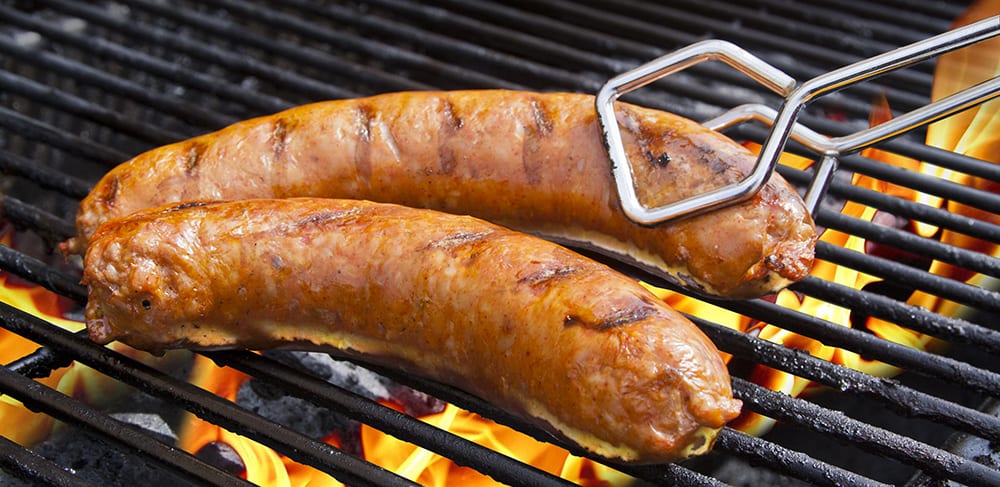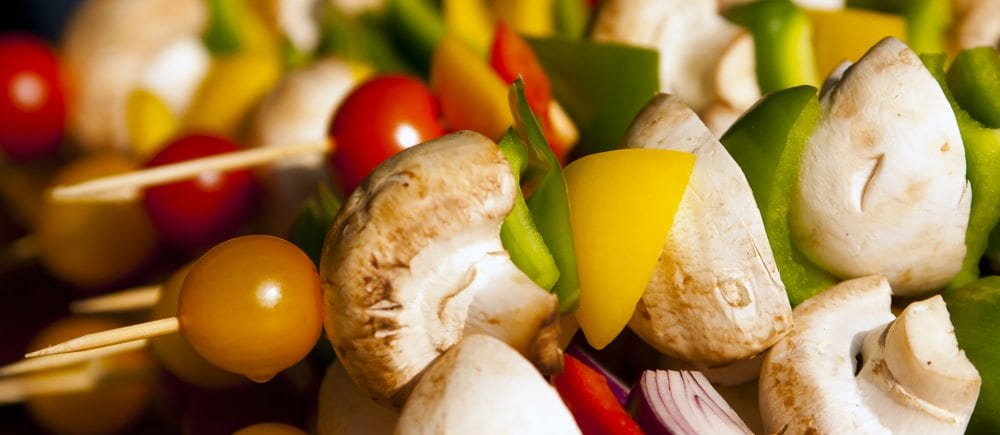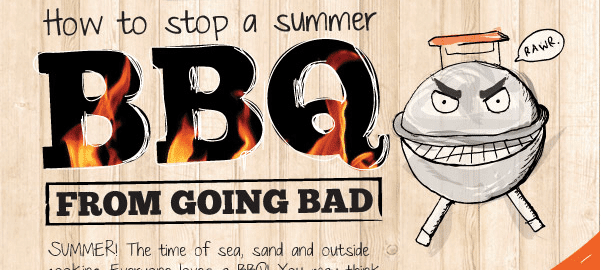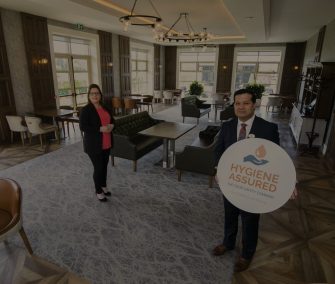BBQ Food Safety basics – How to prevent food poisoning
When the temperature rises, so do incidences of food poisoning. Keep your guests safe with this barbeque checklist
Barbeque season has begun! The sun is finally shining, temperatures are set to reach the mid 20’s and the allure of eating outdoors is enticing us all to dust off our barbeques and get cooking!
I have developed a short checklist to ensure that the food you serve is safe, and free from harmful bacteria which could potentially make friends and family sick.
1. Wash your hands
Wash your hands with hot water and soap for at least 20 seconds before and after handling food. If you are going to be cooking somewhere that you will not have access to a sink then ensure you bring hot water, soap and disposable hand towels.
2. Separate Raw and Ready to Eat/Cooked Foods
Ensure that raw food is kept refrigerated and away from ready to eat/cooked foods at all times. Food being marinated should also be kept in the fridge and covered.
Ready to eat foods (such as salads, vegetables, sauces) and cooked foods should never come into contact with raw food as this causes harmful bacteria to contaminate the cooked food. For this reason we recommend the lower shelves of the fridge for raw meat storage, and the upper shelves for the storage of cooked or ready to eat foods.
Always ensure that you use different chopping boards/utensils for raw and cooked foods, and always wash your hands after handling raw food.

3. Cook food thoroughly
Harmful bacteria, such as E-Coli and Salmonella, cause food poisoning and these harmful bacteria are killed by cooking. This is why it is vital to cook food thoroughly to ensure that food is safe to eat. Always check whether meat is cooked by taking a fork and a sharp knife and slice into the thickest part of the meat. The colour of the meat in the center should not have any pink colouring or it needs to cook longer. Burgers should always be cooked thoroughly and never be served pink. Alterntively food thermometers can be purchased in most supermarkets and will easily tell whether meat is cooked by probing the meat to ensure a minimum temperature of 75 degrees Celsius.
4. Serve food immediately after cooking
Do not let cooked food sit at room temperature as this allows harmful bacteria to grow. Once food is cooked, serve immediately. Alternatively you should cool quickly, refrigerate and consume with 2 days.

5. Always keep food covered
Always keep food covered to ensure that flies are not contaminating your food.
I hope that you have found this short checklist useful. Please do not hesitate to contact our offices on 021 4355917, if you require any additional information.
Regards,
Mairead
Tags: food poisoning, Food Safety, Barbeques, Entertaining


